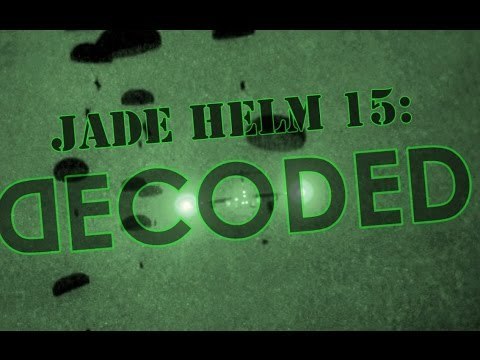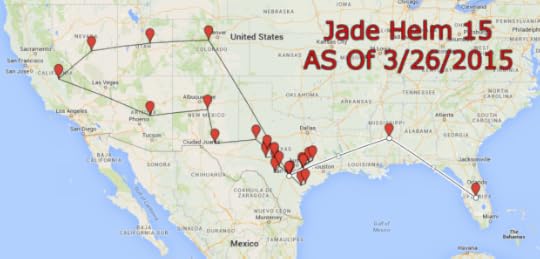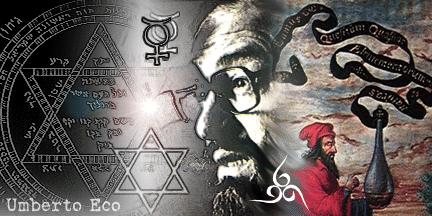What do you think?
Rate this book


164 pages, Paperback
First published January 1, 1992








“In 1957 J. M. Castillet wrote a book entitled La hora del lector (The time of the reader). He was a prophet, indeed. In 1962 I wrote my Opera aperta. In that book I advocated the active role of the interpreter in the reading of texts endowed with aesthetic value.”





